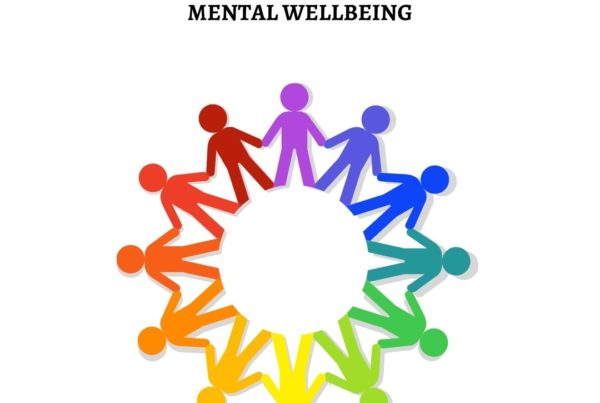As Mark Twain once said, “I’ve had an awful lot of worries in my life, most of which never happened”. Let’s look at a common sleep disorder, insomnia. Insomnia is when you find it difficult to get to sleep and, or to stay asleep. More common in women than men. Chronic insomnia is when it occurs frequently, at least 3 times a week. Stress is a major contributing factor. It can become a vicious circle whereby during the day, you may suffer feeling lethargic, brain fog, memory loss, anxiety, irritability, low mood, low energy. Which in turn makes it more difficult to sleep at night. Furthermore, if you have chronic stress it can lead to further sleep disorders such as sleep apnea, more common in men than women.
As you know, I am a huge advocate of finding the root cause of ailments. When it comes to insomnia caused by stress, I meet many clients, looking for sleep support which is understandable however if stress is the root cause of the sleep disorder this needs to be addressed as the priority.
One of the first discussions I will have with someone around stress. Is it perceived or real? This is not taking away from the seriousness of the stress. However, if you are spending all day worrying about something, you cannot change or control the outcome. Learning to park it, is key. I suggest, having a cup of tea in the morning and giving yourself 10 – 15 minutes to worry about stressful situations, and then parking it for the rest of the day. This is not in relation to life-changing events such as the death of a loved one but about constant stress we have in life, career, relationship, environment changes, etc. If I were to ask you what you’re worried about this morning? Yesterday? What were you worried about last week? Last month, last year. Did the worry come to fruition? Then I ask you was the outcome worth the amount of time you spent worrying daily.
Stress has no time limit and can take up all of your time. If I am worried about something at work, it doesn’t stop at 5 pm when the office is closed, it may continue festering in the back of my mind all night. So when you are not sleeping due to stress, everyone is different, so you need to find ways that help you release stress and build resilience. I love nothing better than going on a hike up the mountains, but for you, it may be a workout in the gym. Finding activities that you find relief in, is paramount as part of the process of getting a good night’s sleep. Maybe it’s active or passive mindfulness daily.
Finding ways to do mental push-ups is as important as physical exercise for building resilience and managing stress, which in turn supports optimal sleep. One step at a time. You got this.
Have a great week
#sleep #mindfulness #employeehealth #workplacewellness #occupationalhealth #stress #resilience #healthylifestyle



